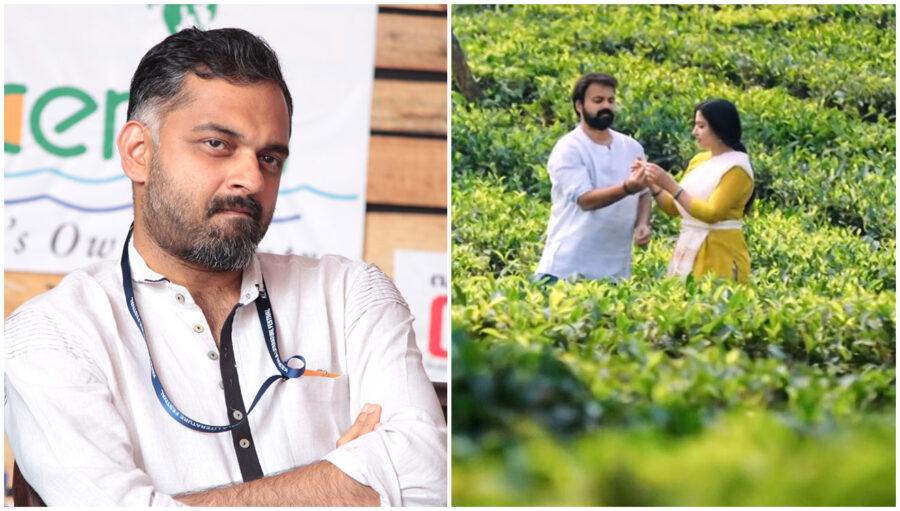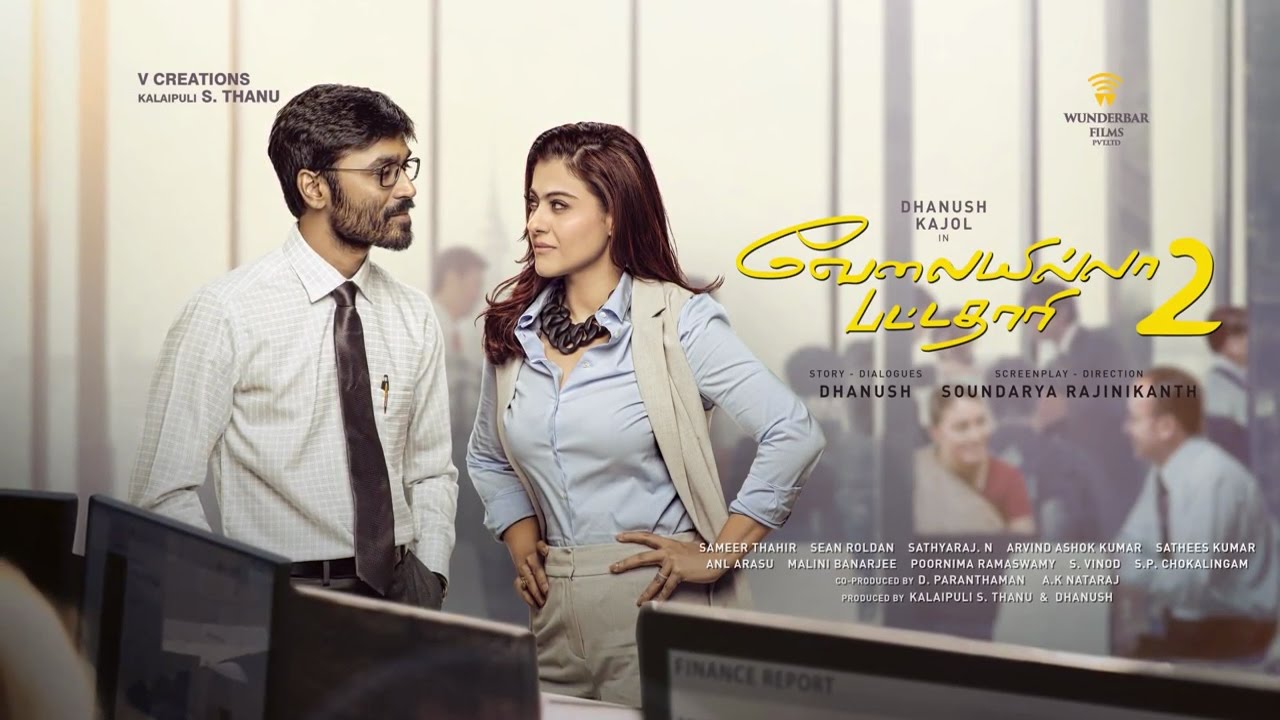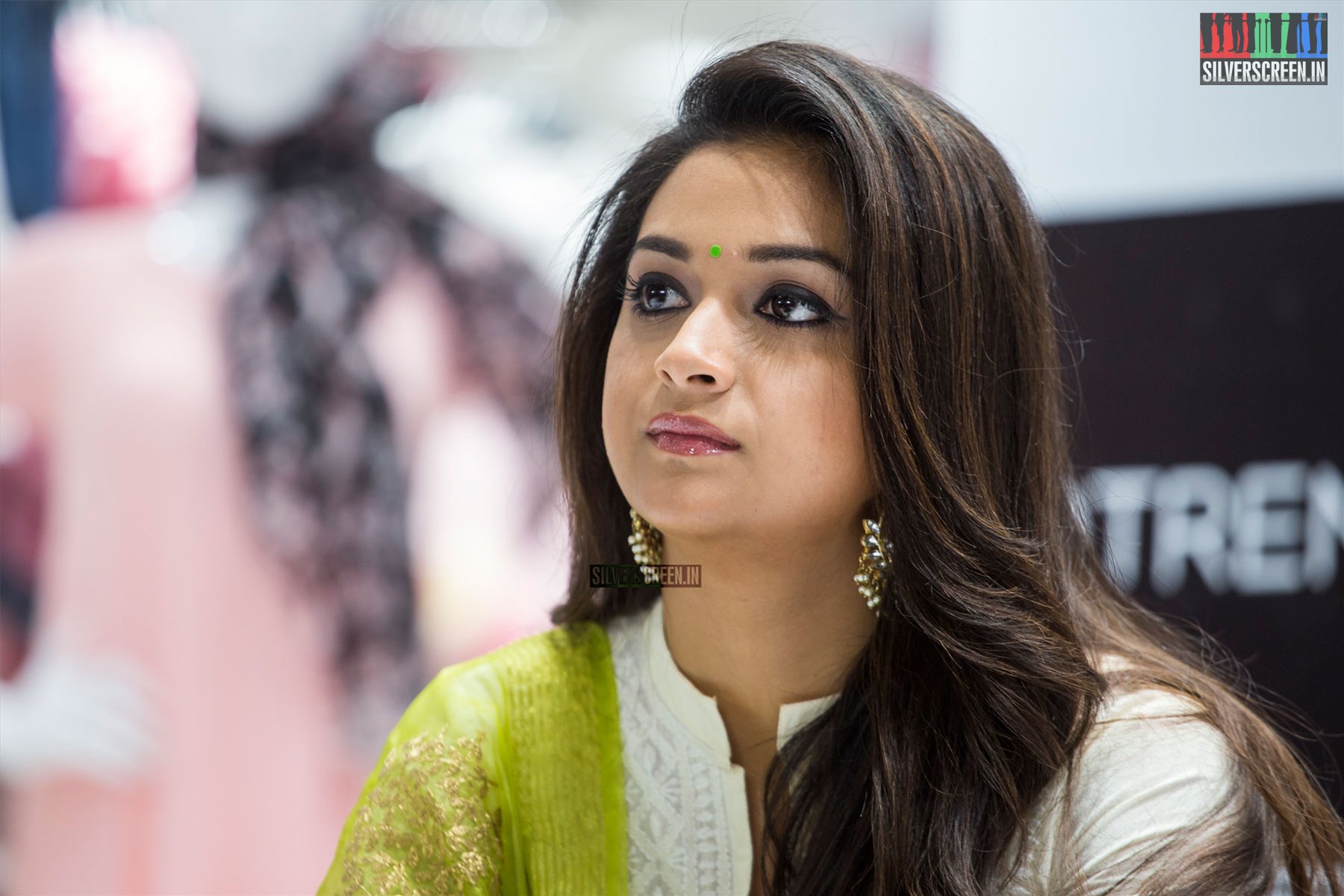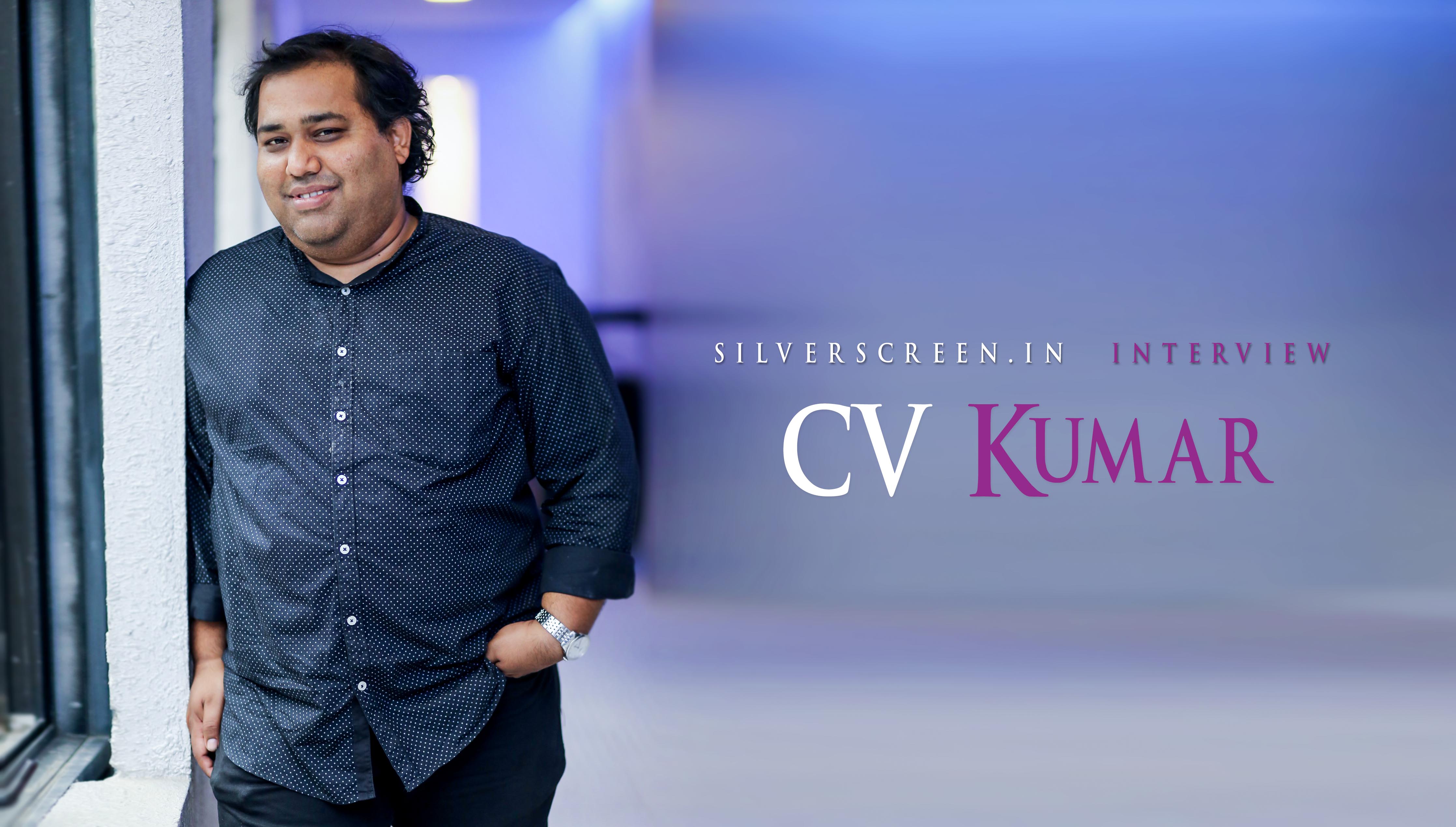How are songs composed? How do those different ragas, tunes and beats fall in perfect harmony? Making Of A Song explores the vocals, visuals, lyrics and other features that define a musical creation.
Director Ranjith Shankar’s Ramante Edenthottam (2017) is a romantic drama set against the backdrop of Eden, a resort in the middle of wilderness. The love story between the owner of the space, a middle-aged urban farmer, and one of the visitors, a danseuse who is married and with a child, has shades of The Bridges Of Madison County. The film follows the woman, Malini (Anu Sithara) as she struggles to keep her flailing marriage with a film producer afloat, and is irresistibly drawn towards the possibility of a new romance and life that she discovers in Eden.
The soundtrack of the film, composed by Bijibal, has three songs sung by Shreya Ghoshal, Rajalakshmi and Sooraj Santhosh. The composer rates the album as one of his best works. In a conversation with Silverscreen.in, he recounts what went into the making of the soundtrack of Ramante Edenthottam.
“Initially they were planning to shoot the film in Nelliyampathy (the film was eventually shot in Vagamon). Ranjith, Santhosh Varma (lyricist) and I went there and during our stay, I composed the first song, Akaleyoru Kaadinte. The lyrics reflect our state of mind in that space, so heavenly and serene,” says the composer.
Akaleyoru Kaadinte is placed in the latter half of the narrative, when Malini calls on Eden a second time, this time unaccompanied. “I tried out a couple of new singers before zeroing in on Shreya Ghoshal. None of them were bad singers, but we felt the song needed the power and grace in Ghoshal’s voice. It’s like a song sung by nature itself,” he says. Shreya loved the song so much that she followed up on the release of the song and the film, says Bijibal. “It is composed in 5/8 meter which is not a very preferred meter in Bollywood.”
The second song from the film, Maavilakkudi, sung by Rajalakshmi, is a diegetic song, performed by Malini in front of her family and friends at Eden. “She is a shy singer. So we decided to create a song that sounds like something she learned in her childhood. It had to have an innocence, and a sense of nostalgia. And the final version of the song also hints at her loneliness,” says Bijibal.
The third song, Kavithayezhuthunnu, is sung by Sooraj Santhosh. The song was recorded on the day he won his first State award. “The mood was so electric,” recalls the composer.
***
Recommended
Bijibal doesn’t believe in basing a song entirely on one raaga. “Raaga is just like a framework. We can conceive a song even without thinking about raaga. Sometimes, I begin a song from one raaga and then blend it with several raagas. You can see that in Akaleyoru, which starts off from Mohanam and then goes on to a blend of raagas.”
The musician, who won a National Award for Best Background Score in 2013 for Kaliyachan, is also a violinist. He made his debut as a music composer in 2009, through Lal Jose’s Arabikatha. A song from the film, Thirike Njan, is a popular number that has stood the test of time.
He has also been producing music and dance videos under his independent digital venture, Bodhi Silentscape. “We created it as a platform for non-film music in Malayalam. Quite a few important projects are on the cards. One of them is on the lines of TM Krishna’s Porambokku project, where Carnatic music is effectively used to address social issues. I am planning to collaborate with eminent classical musicians for it,” he says.
An aficionado of Indian classical and light music, Bijibal has, of late, been hooked to Ghulam Ali and Mehdi Hassan’s ghazals. “Among the recent Malayalam film songs, I liked Justin Varghese’s work in Thanneer Mathan Dinangal. Jaathikka Thottam is the kind of song I might not be able to pull off,” he says.
What are his musical principles? “I don’t think everyone should be able to sing every song. Music is primarily for listening, not singing. Every good musician is a great listener first. I want to compose songs that are great on the ears, something that inspires people to think. Maybe, something that’s not easily likeable and requires the listener to put in effort to enjoy it. I like songs that get better with repeated listening. I cannot take use-and-throw instant hits.”
***



